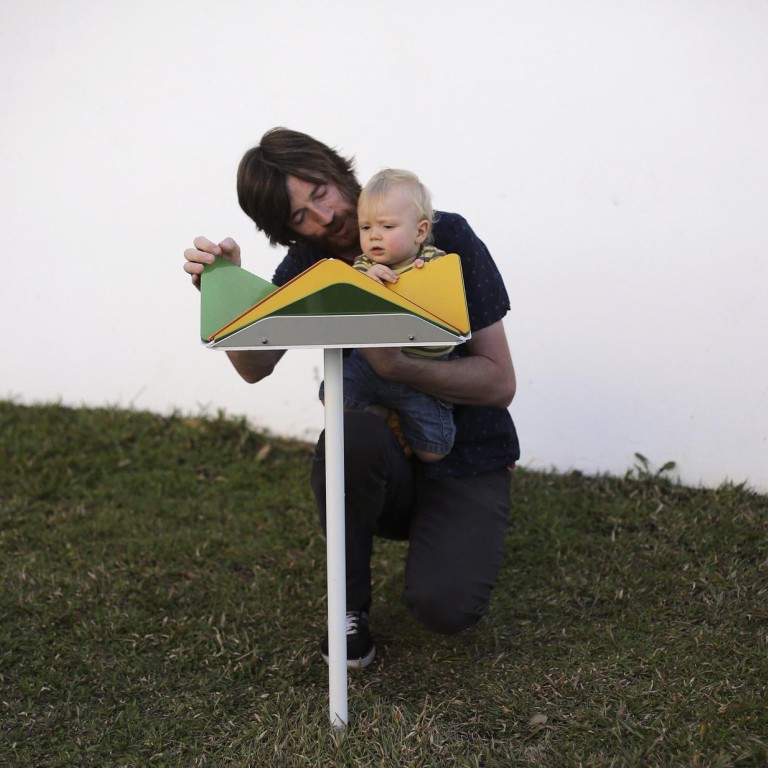
Men with smaller testicles make more caring fathers, study reveals
Men with smaller testes are more likely to be hands-on parents, but scientists don't know if there's something causing the correlation
Men's aptitude for childcare may be reflected in the size of their testes, according to a study by US scientists.
Researchers found that men with smaller testes were more likely to take charge of children's bath-time, visits to the doctor, night-time comforting, and other parenting jobs than others who have larger testicles.
The same story was borne out by brain scans which showed that men with smaller gonads reacted more strongly to photographs of their own children than did men with larger ones.
The findings are the strongest evidence yet that variations in male anatomy reflect competing evolutionary strategies that can be distilled down to mating as much as possible versus investing more in parenting. Both are effective ways to maximise an animal's chances of continuing their lineage.

"We are not saying you can determine a man's parenting aptitude based on their individual biology. But it does suggest that some men may be wired to participate in childcare more than others. They may take to it more readily," Mascaro said.
Mascaro based her experiments on what evolutionary biologists call life history theory. The theory can explain how evolution shapes organisms to optimise their chances of having fertile young. The different strategies are clear in nature. Sea turtles have scores of offspring but do little to raise them, while chimpanzees have far fewer young, but invest heavily in their upbringing.
The Emory group asked 70 co-habiting couples with children aged one to two to complete a questionnaire on how they divided up parenting jobs. Their answers were ranked from one to five, with one meaning the mother was almost always responsible, and five meaning the father was the main carer. The lowest male score was in the low 40s; the highest scores, from stay-at-home dads, were in the 80s.
The scientists went on to measure the size of the men's testes by scanning them with magnetic resonance imaging. Testes size is a proxy for the quantity and quality of sperm a man produces, so men with larger testes may be biologically more tuned towards mating than parenting.
Taken as a pair, the men's testes varied in size from 18cm {+3} to 60cm {+3}. The typical pair was around 38cm {+3}.
Mascaro found a clear trend, with parenting scores rising as testes size fell. The effect remained when she controlled for the men's height and testosterone levels.
Since parenting behaviour must manifest itself in some way in the brain, the scientists looked at how men with different sized testes responded to pictures of their children. In a brain scanner, they showed each man photos of adults, unrelated children and their own children. When shown snaps of their own children, the men with smaller testes showed more activity than others in part of the brain linked to nurturing, called the ventral tegmental area.
Testes size cannot be the only factor linked to a man's aptitude for childcare. Differences in size accounted for only a fifth of the variation in men's parenting scores, Mascaro said. Details of the study are reported in .
"It is important to recognise that these data are only correlatory, and no cause and effect are demonstrated," said Carl Soulsbury, a senior lecturer in zoology at Lincoln University, "However, they provide an important basis for future study and to examine whether this links more directly in sexual behaviour and reproductive success."
James Swain, a child psychiatrist at the University of Michigan and Yale, called the report a "thought provoking study, suggesting biology that may underlie parenting v mating trade-offs".
He added: "We are still a long way from this work leading to better biological understandings of fathering that could lead to improving such. [Those] advances will require connecting with other aspects of the psychobiology of parenting behaviour."
